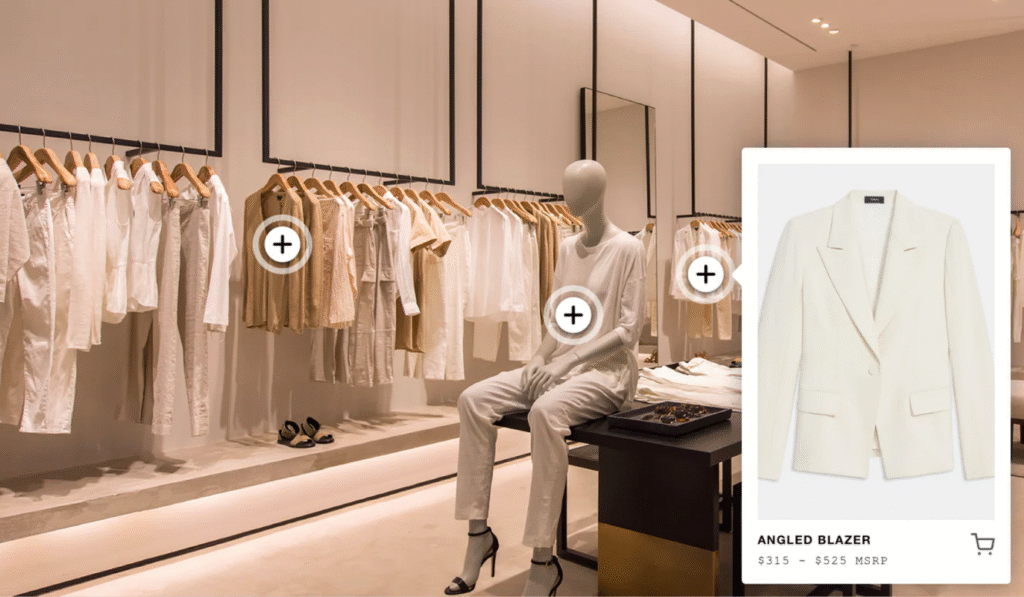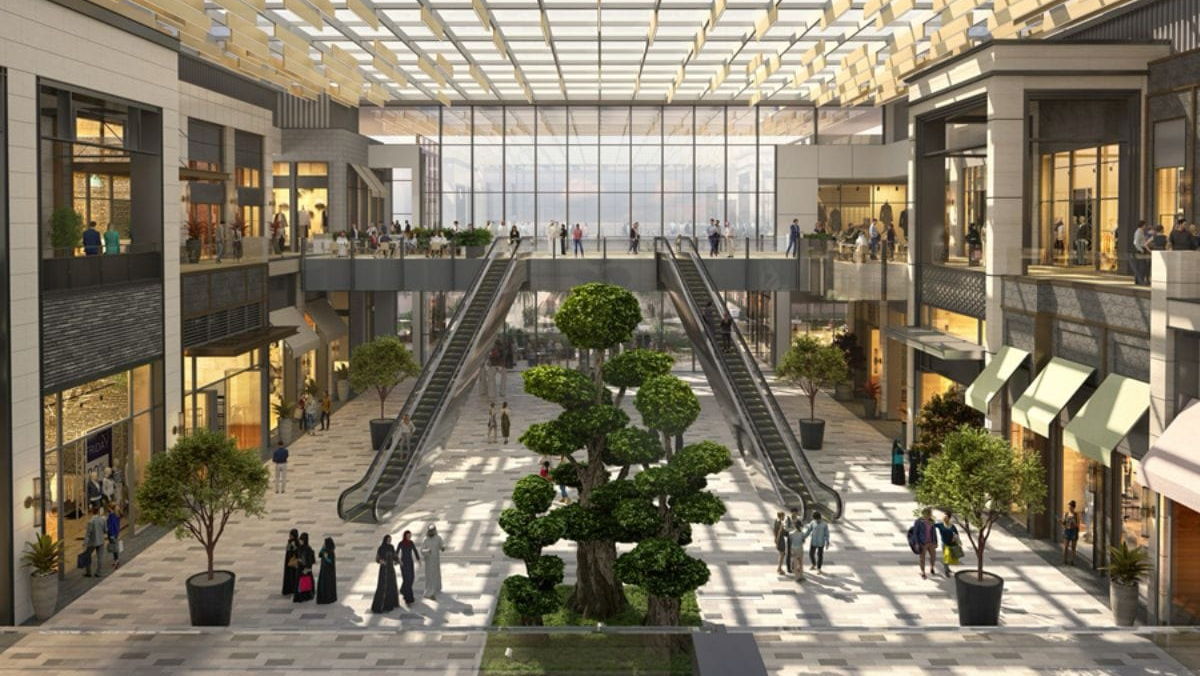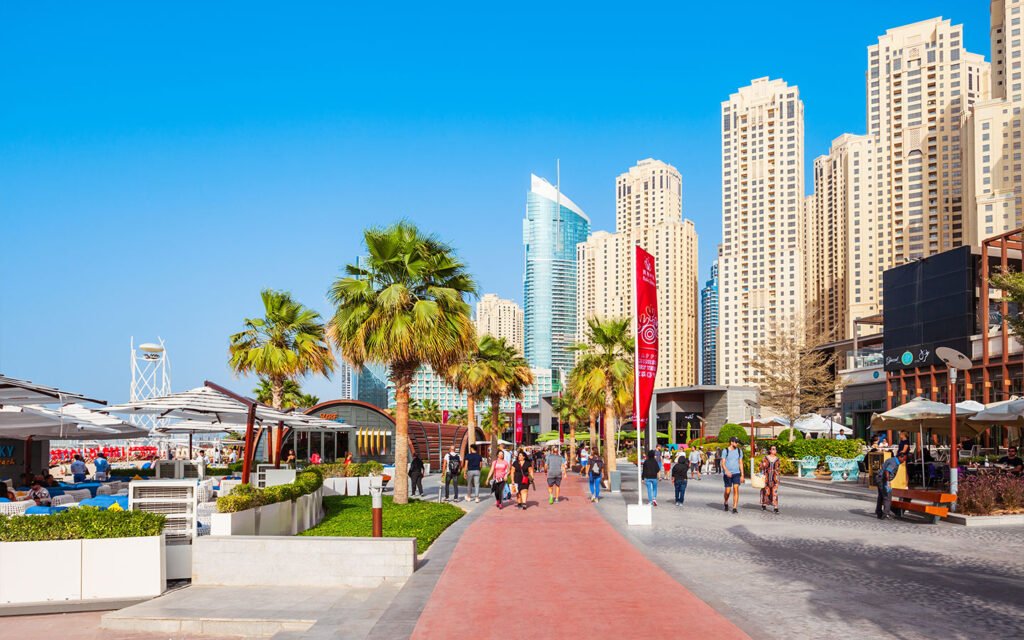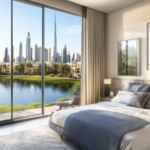Now Reading: VR Showrooms in the UAE Transform Shopping with Exciting Innovation 2025
-
01
VR Showrooms in the UAE Transform Shopping with Exciting Innovation 2025
VR Showrooms in the UAE Transform Shopping with Exciting Innovation 2025

Table of Contents
The retail landscape in the UAE is evolving at an unprecedented pace. As technology advances, traditional shopping experiences are gradually making way for innovative solutions like Virtual Reality (VR) showrooms. VR showrooms are digital spaces where customers can explore products, interact with services, and make purchases without physically visiting a store. This technology is reshaping the way businesses engage with their customers and is poised to become a major trend in the UAE.
Understanding VR Showrooms
Virtual Reality showrooms use immersive technology to simulate a real-life shopping environment. Through VR headsets or even mobile devices, consumers can browse products, view detailed 3D models, and experience interactive demonstrations. Unlike conventional e-commerce websites, VR showrooms provide a sense of space and scale, making it easier for customers to visualize products in their own lives.
For example, in the automotive sector, VR showrooms allow potential buyers to inspect vehicles from every angle, explore custom configurations, and even simulate a driving experience all from the comfort of their homes. Similarly, in fashion and interior design, VR enables customers to try on clothing virtually or visualize furniture arrangements in a digital representation of their own space.
Why UAE Businesses Are Adopting VR Showrooms

The UAE has always been a hub for innovation, and businesses are increasingly looking to technology to gain a competitive edge. There are several reasons why VR showrooms are becoming popular in the region:
1. Enhanced Customer Experience
VR showrooms provide an interactive and engaging experience that traditional online shopping cannot match. Customers can explore products in detail, customize options, and make informed purchasing decisions. This leads to higher satisfaction and increased brand loyalty.
2. Overcoming Physical Limitations
Large shopping malls and showrooms can only display a limited range of products. VR showrooms allow businesses to showcase their full inventory digitally, saving space and reducing the need for extensive physical storage.
3. Safety and Convenience
The COVID-19 pandemic highlighted the importance of remote shopping solutions. VR showrooms allow customers to browse and buy products safely from home, reducing the need for physical contact.
4. Cost Efficiency
Operating a physical showroom can be expensive due to rent, maintenance, and staffing. VR showrooms require a lower investment in infrastructure while reaching a wider audience across the UAE and beyond.
Key Sectors Benefiting from VR Showrooms
Several industries in the UAE are already experimenting with VR showrooms, and the trend is expected to grow in the coming years:
1. Real Estate
Virtual tours of apartments, villas, and commercial spaces have become increasingly common. Prospective buyers can explore every corner of a property in 3D, making it easier to shortlist options before scheduling an in-person visit.
2. Automotive
Car dealerships are adopting VR technology to provide interactive experiences. Buyers can customize interiors, check color options, and even simulate test drives virtually, saving time and improving customer satisfaction.
3. Fashion and Retail
VR fitting rooms are gaining popularity in clothing and footwear retail. Customers can try on outfits, experiment with styles, and make confident purchases without visiting a store physically.
4. Interior Design and Furniture
Furniture retailers and interior design firms are using VR to help clients visualize layouts and décor. This approach reduces uncertainty, enhances creativity, and improves the overall shopping experience.
Challenges and Considerations

While VR showrooms offer significant advantages, businesses must address certain challenges to ensure success:
1. Technology Investment
High-quality VR experiences require advanced hardware and software. Businesses need to invest in VR headsets, 3D modeling, and user-friendly platforms.
2. User Adoption
Not all customers are familiar with VR technology. Providing tutorials, simple navigation, and optional guided experiences can help overcome hesitation.
3. Internet Infrastructure
Seamless VR experiences require fast and reliable internet connectivity. Fortunately, the UAE’s advanced digital infrastructure makes this challenge manageable, but businesses still need to optimize for different devices and bandwidths.
4. Integration with Existing Systems
For maximum impact, VR showrooms must integrate with existing e-commerce, CRM, and payment systems. A smooth digital experience ensures higher engagement and conversion rates.
The Future Outlook
The future of VR showrooms in the UAE looks promising. Experts predict that immersive shopping experiences will become mainstream within the next five years, driven by advancements in VR technology, increased smartphone penetration, and growing consumer interest.
Retailers in the UAE are likely to combine VR with other emerging technologies like Artificial Intelligence (AI), Augmented Reality (AR), and the Internet of Things (IoT) to provide personalized, data-driven shopping experiences. For example, AI-powered recommendations in a VR showroom can suggest products based on user preferences, while AR integration allows customers to visualize products in real-world settings.
Furthermore, the UAE government’s focus on smart cities and digital innovation supports the adoption of VR technologies. Initiatives to enhance digital infrastructure, smart retail programs, and tech-driven tourism experiences create an environment conducive to VR showroom expansion.
Conclusion
VR showrooms are no longer just a futuristic concept they are becoming a reality in the UAE. By offering immersive, interactive, and convenient shopping experiences, businesses can attract more customers, increase engagement, and boost sales. While challenges exist, the combination of technological innovation, government support, and consumer curiosity ensures a bright future for VR showrooms in the region.
As the UAE continues to lead in adopting cutting-edge technologies, VR showrooms represent a significant opportunity for businesses to redefine customer experiences and shape the future of retail. Companies that invest early in VR technology will not only stay ahead of competitors but also create memorable and impactful experiences that resonate with the next generation of shoppers.
Do Follow Estate Magazine on Instagram
Read More:- Top 10 Property Brokers in Dubai You Need to Know Now



















